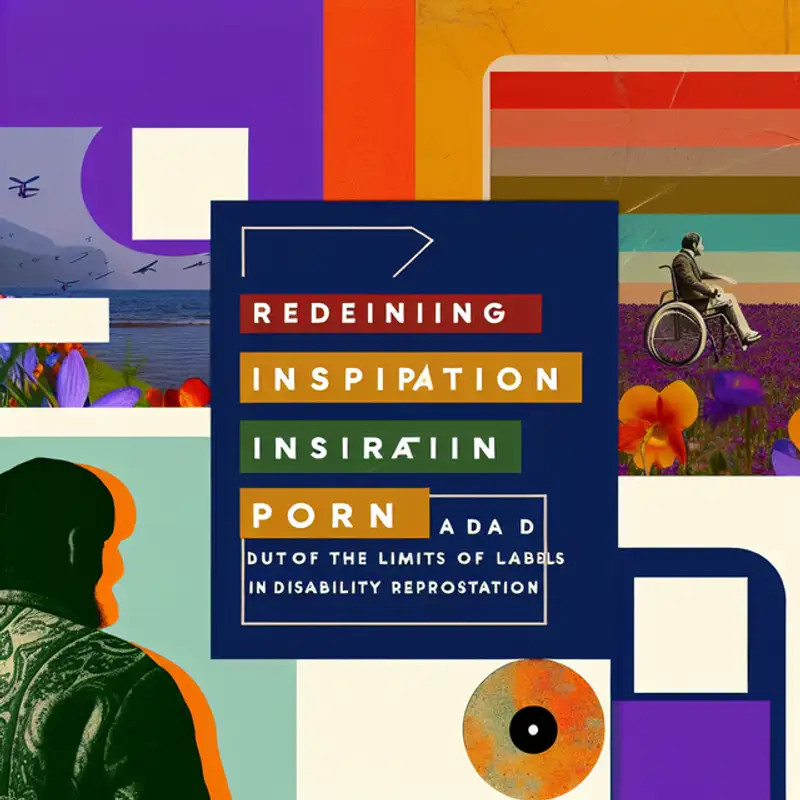 Episode
Episode
· 02:27
Sure! Here's a podcast-friendly summary and breakdown of the Op-Docs video "How Being ‘Inspirational’ Made Me Question Myself" by The New York Times:
🎙️ Summary:
In this thought-provoking short film, filmmaker and disability rights advocate Ope Lori explores a concept many people with visible disabilities have come to dread—being called “inspirational” simply for existing. Through candid reflections and intimate storytelling, the documentary challenges the idea that disabled people automatically inspire others just by going about their daily lives. The film pushes us to consider how this label, though seemingly positive, often reduces complex human beings to feel-good symbols for able-bodied audiences. As Lori poignantly puts it, “Am I inspiring you by being myself, or are you inspired because I remind you your life could be worse?” It's a bold call to move beyond superficial representation and toward real understanding.
📌 Key Points:
The central theme critiques what's often called "inspiration porn" — when disabled people are objectified for the emotional benefit of able-bodied viewers.
Ope Lori shares personal experiences about how being described as inspiring felt more dehumanizing than flattering.
A powerful quote from the video: “Being inspiring should be something you choose. Not something that’s imposed on you.”
The film explores how society tends to strip agency from people with disabilities, reducing their experiences to simplistic feel-good narratives.
Being labeled “inspirational” often comes at the expense of being seen as a full, complex human being.
The filmmaker argues for a shift in perspective: instead of viewing disabled people as passive sources of motivation, we should engage them as individuals with rights, opinions, and diverse stories.
There are no formal product or service recommendations, but the video and others in the Op-Docs series can serve as educational tools in diversity, equity, and inclusion initiatives.
The film fits into a broader movement pushing back against harmful stereotypes in disability representation across media, echoing voices like Stella Young (who famously criticized "inspiration porn" in her TED Talk).
Before recording this as a podcast episode, consider suggesting follow-up content like the TED Talk “I'm Not Your Inspiration, Thank You Very Much” by Stella Young or checking out other films from The New York Times Op-Docs for more nuanced stories on marginalized communities.
Let me know if you’d like a transcript ready-to-read format or audio cues added! 🎧
Link to Article
Listen to jawbreaker.io using one of many popular podcasting apps or directories.